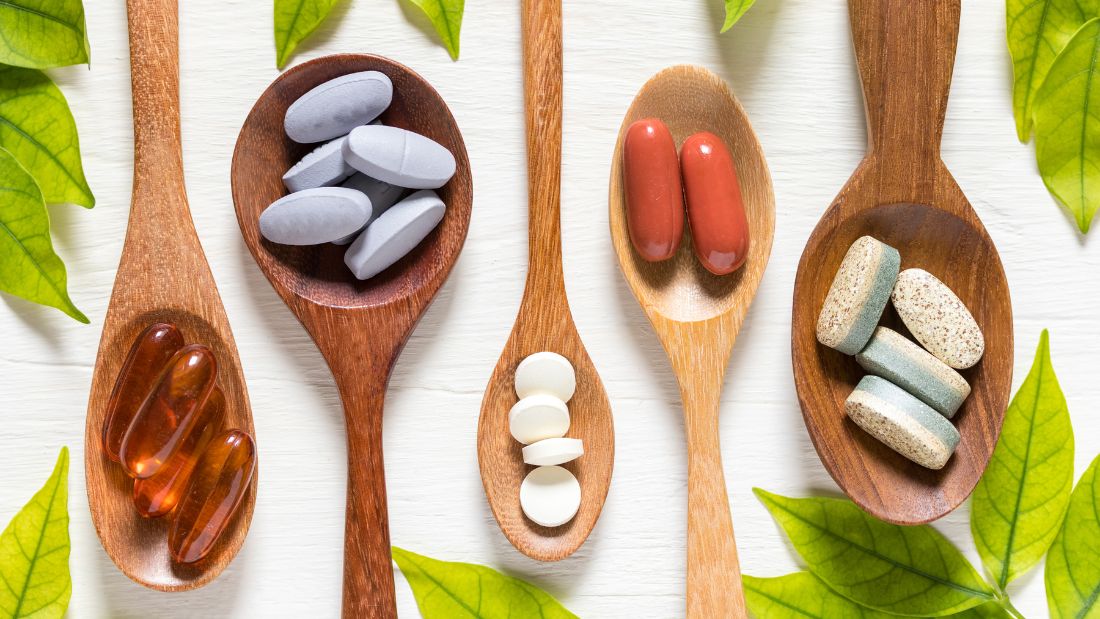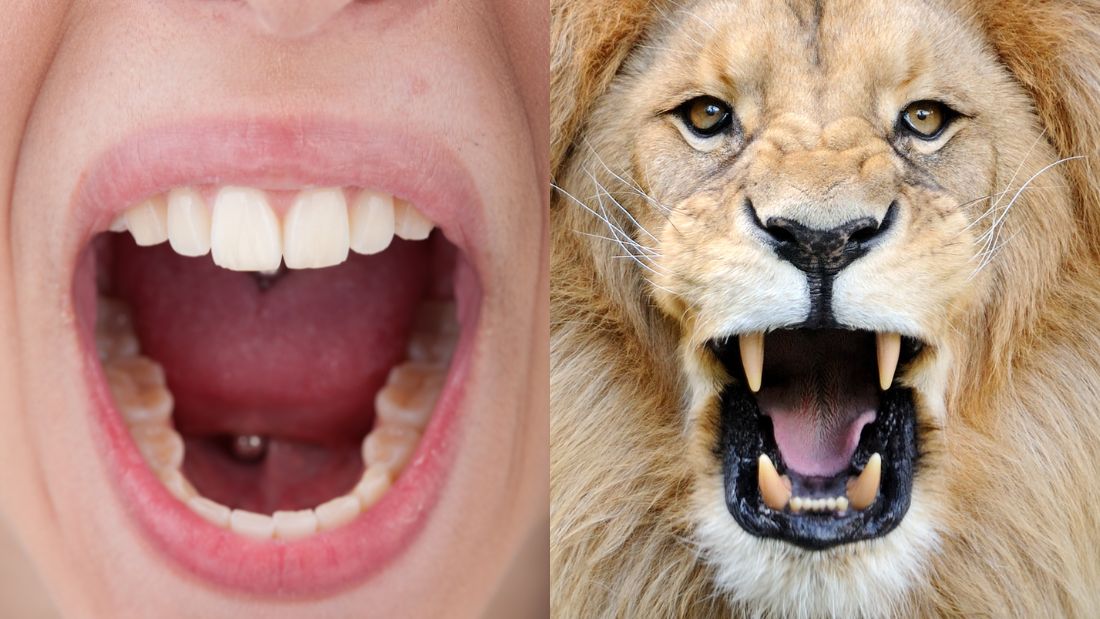Vegans: Where Do You Get Your Protein?

No doubt the most commonly asked question about going vegan is: “Where do you get your protein?”
The concern for getting enough protein on a plant-based diet is hugely overblown, but nonetheless protein is an important nutrient – especially for building muscle and maintaining it as we age.
However, protein isn’t only about bulging biceps. It is also an essential part of all our cells. We need it for many vital reactions and processes in the body, as a component for hormones and many other bodily functions.
But fear not, protein is plentiful on a plant-based diet!
What is protein?

First, it might be useful to understand exactly what protein is.
Protein is made up of building blocks called amino acids, which the body uses to build and repair cells.
There are nine essential amino acids that our body can’t make itself so we need to get them from our food.
Some foods contain all nine in quantities high enough to meet our requirements – these are known as ‘complete proteins’ – and all plant foods contain all the amino acids in varying quantities.
How much do you need?
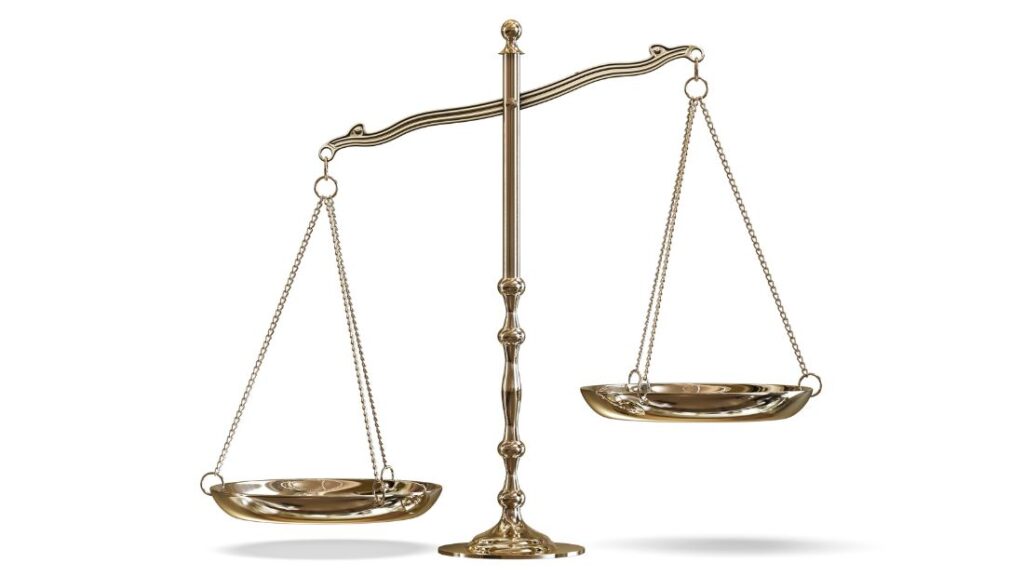
According to current guidelines, an average person needs 0.8 grams of protein daily per kilogram of bodyweight.
For most adults, this equates to 45 to 55 grams a day.
However, if you’re very active or trying to build and maintain muscle, you may need more.
In these cases, you might want to increase this to between 1.4 and 1.8 grams of protein daily per kilogram of bodyweight.
Any more than this doesn’t seem to make much difference.
Animal protein versus plant protein
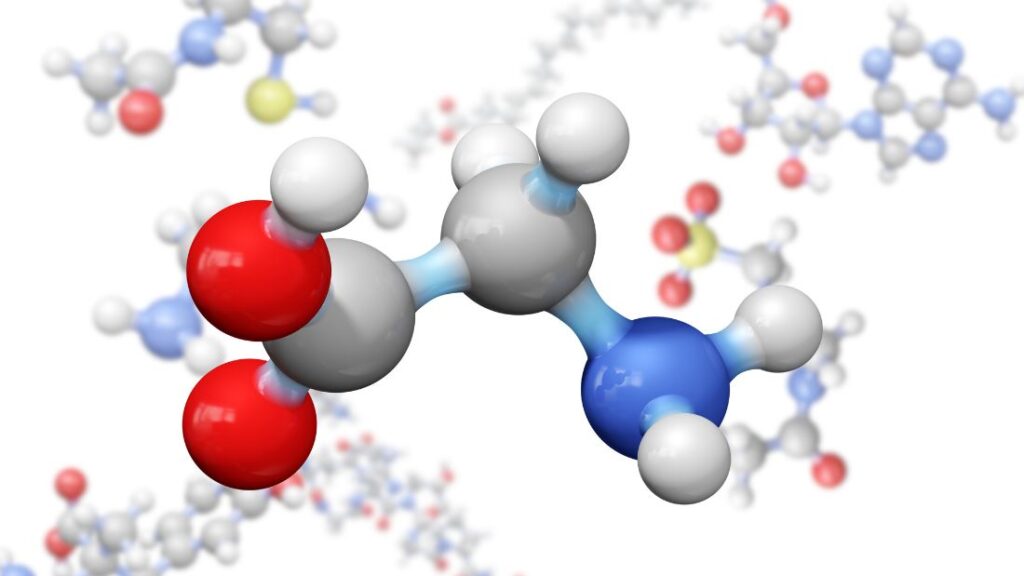
The myth of complete proteins
Protein from animal foods is often wrongly considered superior to plant protein because it is regarded as a complete protein.
But, concerns about missing out on certain amino acids have been overstated and it is time to stop asking unnecessary questions of vegans, like: “Where do you get your protein?”
All plant foods contain the full range of 20 amino acids, including the nine essential ones, in varying quantities.
Rather than describing proteins as complete or incomplete, an accurate statement would be that amino acid profiles vary between plant foods, but this is not a problem if you eat a varied diet that provides enough energy.
You don’t need to get all the essential amino acids from one food source, and they don’t even need to be on the same plate!
However, if you did want to tick off all nine essential amino acids in one sitting, there are, in fact, plant foods which contain all of them in high quantities, such as soya, quinoa and buckwheat.
Bio-availability
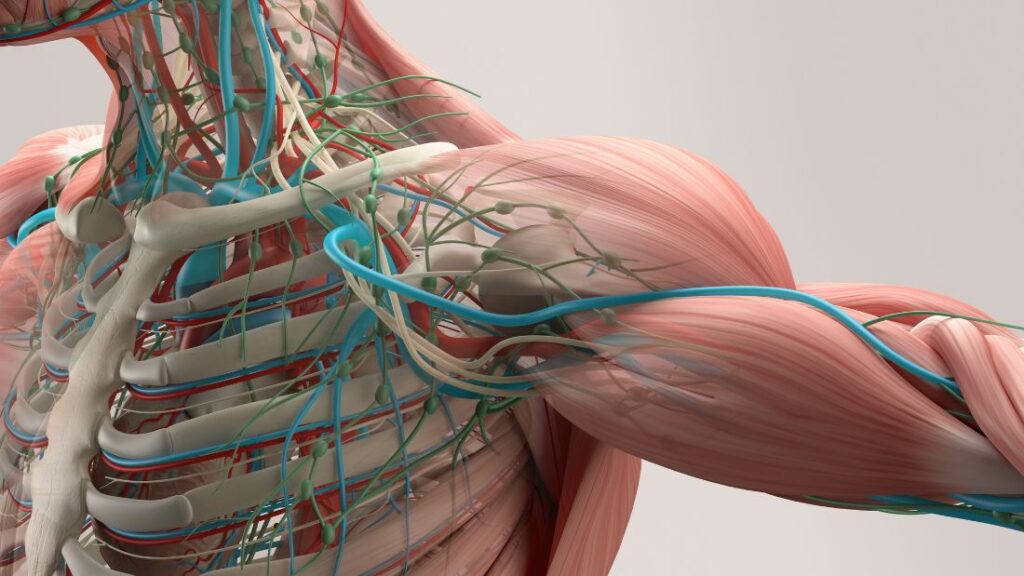
Others argue that protein from animal foods is more bioavailable – meaning our bodies can absorb it and turn it into muscle more easily.
But studies have shown that the difference is insignificant and that plant protein is just as effective at building muscle. So don’t worry, you won’t diminish your gains by going vegan!
Plant protein differs from animal protein in a number of ways and, rather than being superior to plant protein, animal protein comes with a whole host of downsides.
High intakes of animal protein have been linked to diseases, such as cancer, premature ageing and early death.
Plant protein has the opposite effect, offering protection against a range of diseases, promoting a longer, healthier life.
Your body can absorb all the protein it needs from plants and the benefits of switching to a plant-based diet for the animals, the planet and overall health, far outweigh any minor differences between the two types of protein.
Where to find protein in a vegan diet
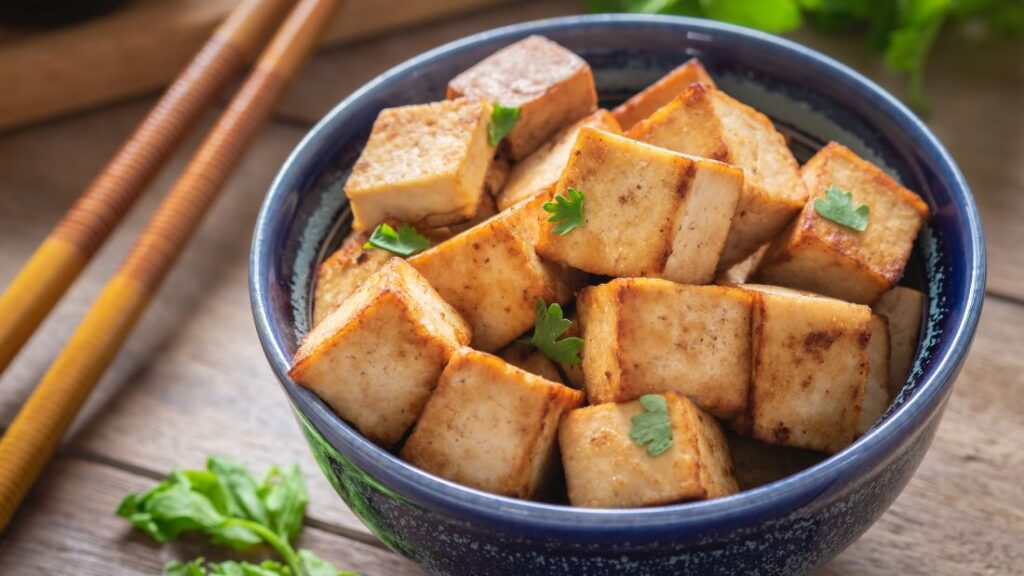
You can find protein everywhere and in everything!
But the best plant sources of protein include pulses (lentils, beans, chickpeas, peas and soya), mushrooms, nuts, seeds and wholegrains (wholemeal bread, wholewheat pasta and brown rice).
One large serving of cooked tofu could provide up to half the protein you need in one day!
There are a myriad of high-protein meat alternatives on the market.
Traditional Chinese mock meats can power-up a stir-fry, vegan korma or Thai curry.
Vegan mince or lentils can add a protein boost to bolognese and chilli non-carne sauces and seitan ‘bacon’ slices can soup up a sumptuous sandwich.
You can sneak extra protein into meals by using cashews to make creamy sauces, adding nut butters to curry sauces and chilli non-carnes and even blending a block of silken tofu into a mylkshake!
The only limit is your imagination (and possibly your taste buds)!
Protein-rich foods
| Food | Grams of protein per serving | % of recommended daily amount for women (45 grams) | % of recommended daily amount for men (55 grams) |
|---|---|---|---|
| Quinoa, raw (180g) | 24.8 | 55 | 45 |
| Tofu, steamed or fried (100g) | 23.5 | 52 | 43 |
| Veggie burger – soya based (115g) | 19.1 | 42 | 35 |
| Oats (160g) | 17.4 | 39 | 32 |
| Bean-burger (115g) | 12.2 | 27 | 22 |
| Wholemeal spaghetti (220g) | 10.3 | 23 | 19 |
| Peanut butter, thickly spread on two slices of bread (40g) | 9.0 | 20 | 16 |
| Chickpeas (three tablespoons, 105g) | 7.6 | 17 | 14 |
| Kidney beans – canned (three tablespoons, 105g) | 7.2 | 16 | 13 |
| Mixed nuts (one handful, 30g) | 7.1 | 16 | 13 |
| Baked beans in tomato sauce (135g) | 6.8 | 15 | 12 |
| Cooked wholegrain rice (180g) | 6.5 | 14 | 12 |
| Peanuts – dry roasted (small bag, 25g) | 6.4 | 14 | 12 |
| Hummus (2-3 tablespoons, 90g) | 6.1 | 14 | 11 |
| Walnuts (12 halves, 40g) | 5.9 | 13 | 11 |
| Almonds (12 nuts, 26g) | 5.5 | 12 | 10 |
What about protein powder?
Most people will get all the protein they need by eating whole foods.
However, if you are very active, always in the gym, or struggling to eat enough, vegan protein powders can be a very useful tool.
Almost all protein powder brands offer a vegan option these days, from vegan blends to hemp to soya isolate.
Pea protein isolate is often considered the best as it contains all nine essential acids, has a higher protein content than blends and is free of common allergens such as gluten, soya and dairy.
Pro tip: blend your protein powder with soya milk, frozen banana, fruit and/or nut butter to make a delicious and satiating shake.





